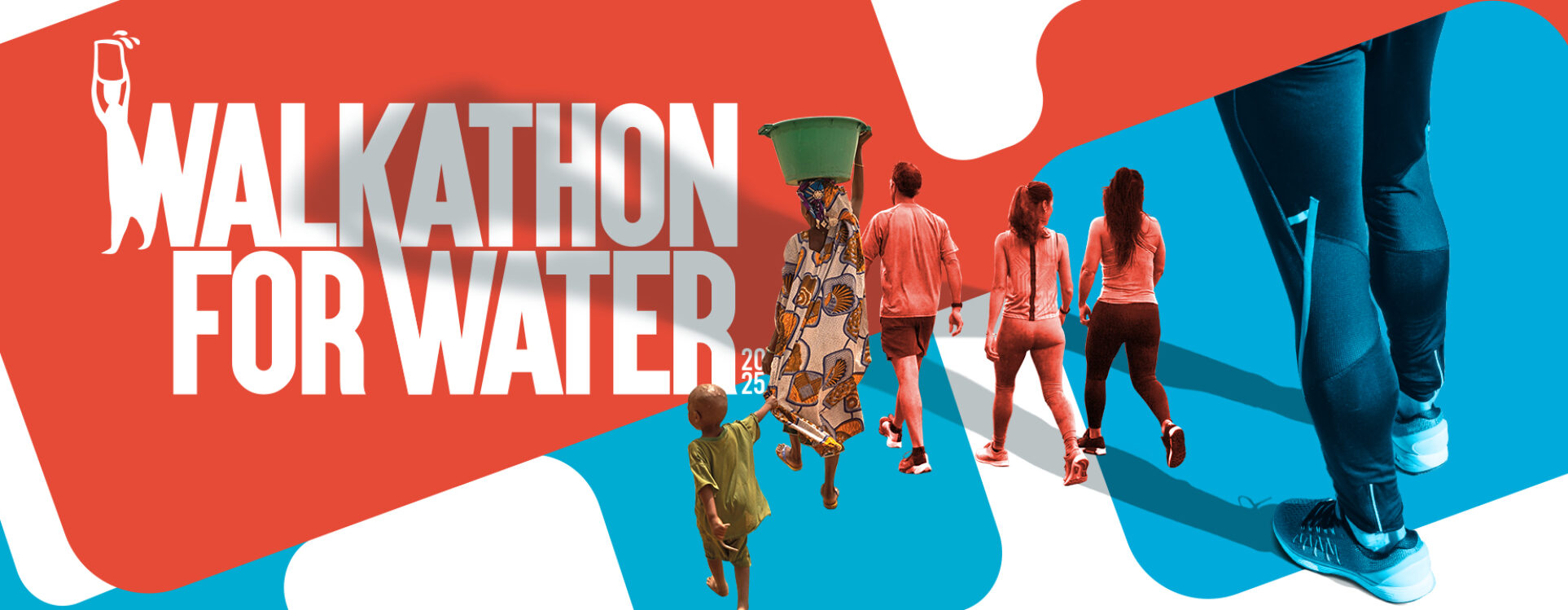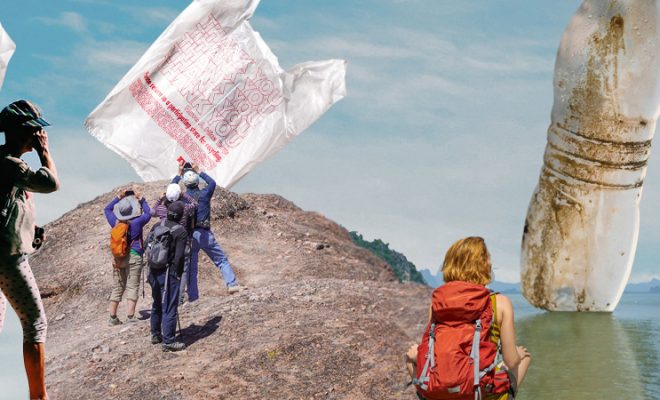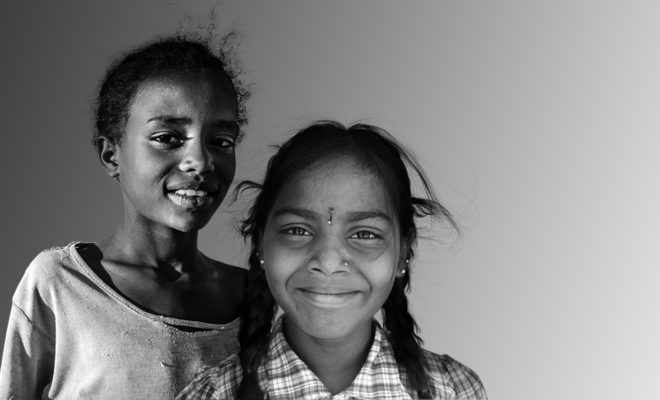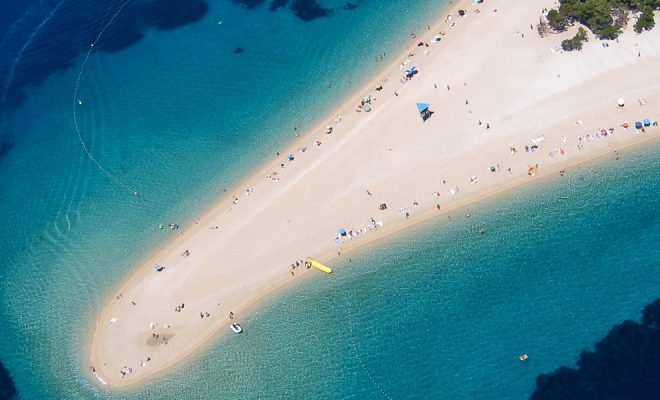“For every kilometre you walk, someone else walks one less in search of water.”
That was the motto we launched two years ago with the Walkathons for Water, aiming to raise awareness among guests at Hilton Grand Vacations resorts across Europe and to fundraise for our aid projects. Each walk covered a symbolic distance of 4 to 6 kilometres — the same distance that many women and children walk every day to collect water. The goal was to make this injustice visible, one that hinders education and social development for millions worldwide. That year, we organised three walks, with 553 participants and a total of €3,141 raised.
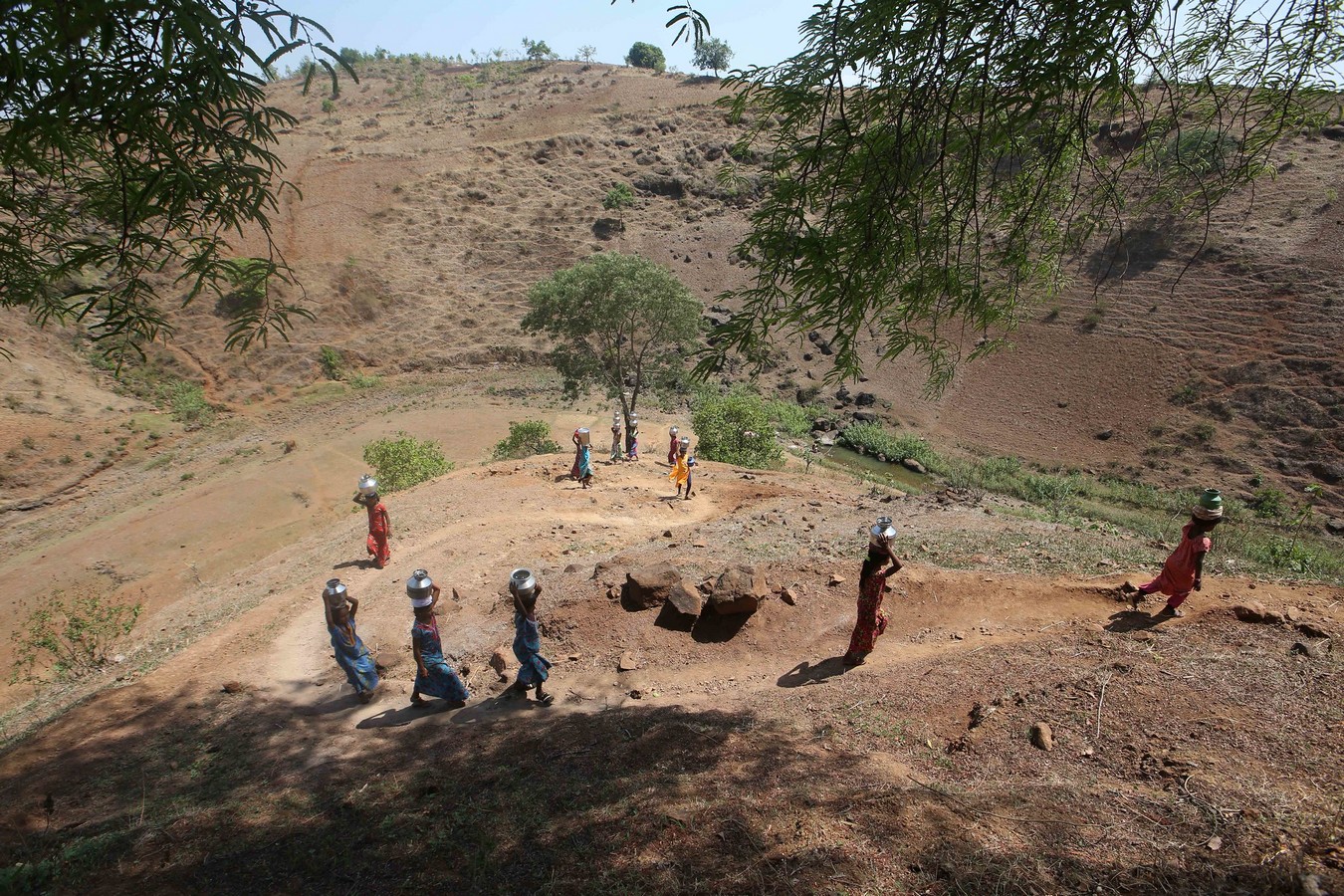
Would you walk a kilometre so that a woman or child doesn’t have to carry heavy containers of water? © Prashant Waydande (India)/WMO.
Walking to change lives
The following year, the initiative experienced rapid growth, with 21 Walkathons held in resorts across Austria, Spain, France, Italy, Portugal, and the UK. More than 1,200 people took part, and thanks to €5 registration fees and donations, over €7,300 was raised.
All proceeds went directly to two of our projects with World Vision: one in the Tanzanian village of Kwedizinga and another in Ranipet, India. The harsh realities in these communities were eye-opening for participants. “Women don’t walk for fun like we do,” said one walker.
Many were shocked to learn that to carry less weight and make fewer trips; women often distribute water containers among their children for the long walks to and from the water source.
In Ranipet, Tamil Nadu (India), the lack of sanitation in Irular tribal communities was especially striking to resort guests. Open defecation and the inability to practice basic hygiene worsened the already dire water shortages. In Kwedizinga, water came from surface sources — unprotected ponds and streams. Just like in Ranipet, child diarrhoea was endemic, and school absenteeism was widespread.
Thanks to the Walkathons, the development of both projects was accelerated and completed by December. Together, we’ve brought safe water and sanitation to about 5,600 villagers. Among them, over 2,000 children under 15 are now free from chronic diarrhoea and can attend school, and around 2,800 women are now relieved of the daily burden of hauling water.
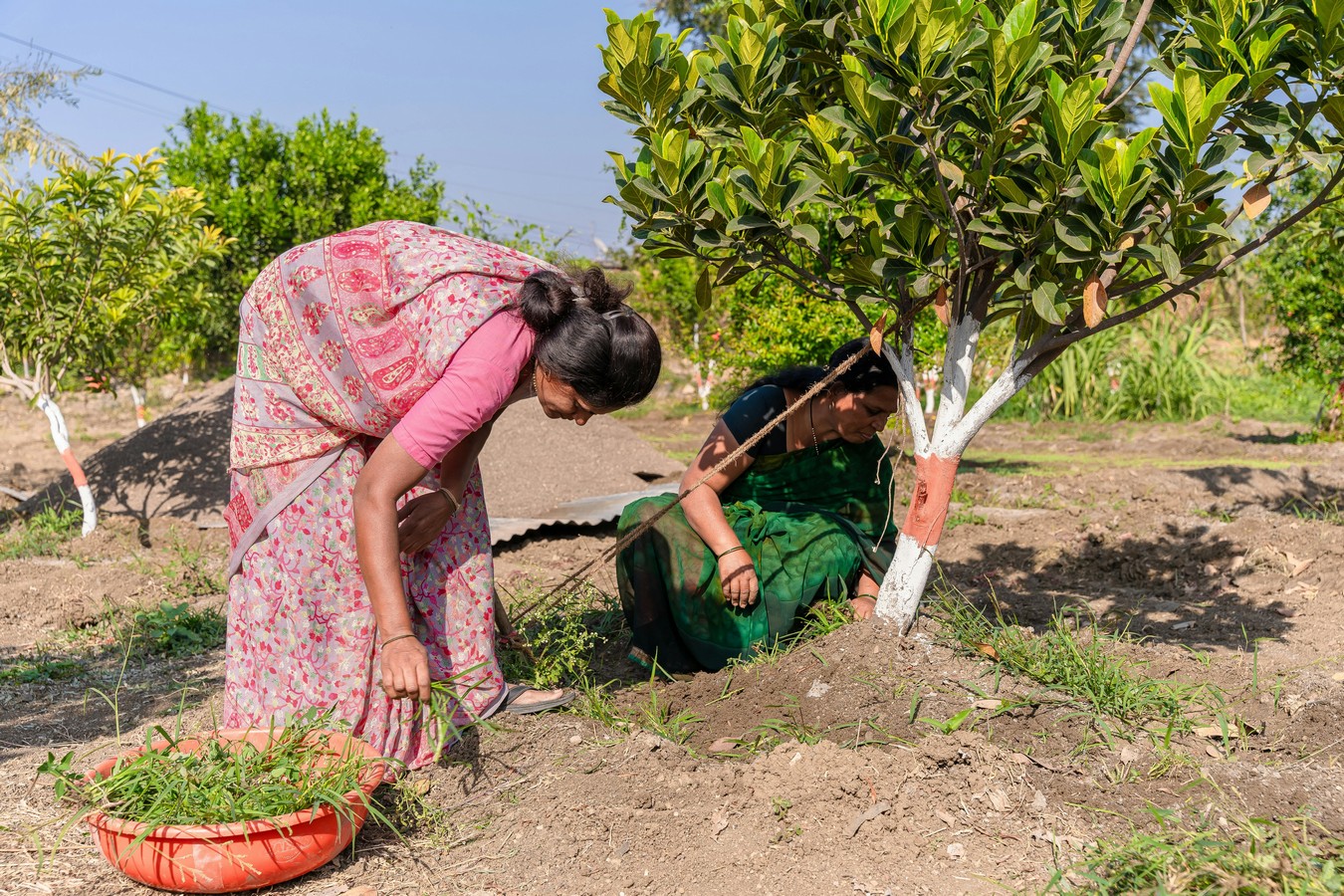
This year, the proceeds will support two of our active projects: one in Riohacha, La Guajira, Colombia, and another in the agricultural communities of Nandyal, India ( photo) © pexels-equalstock
The challenge continues in 2025
The first Walkathon of the 2025 season took place on May 28 in Abona, Tenerife. From now until November, a total of 19 Walkathons will be held across Spain, the UK, Austria, France, Portugal, and Italy. Participants can sign up in advance on our website — and if walking isn’t possible, you can still support the cause by donating the registration fee.
This year, the proceeds will support two of our active projects: one in Riohacha, La Guajira, Colombia, and another in the agricultural communities of Nandyal, India.
In Colombia, we’re working to rehabilitate the drinking water system for the Afro-descendant community of Los Moreneros, which has been particularly affected by the El Niño phenomenon. Our approach respects their cultural identity and the need for protection against violence.
In Nandyal, a region severely affected by recurrent droughts, we’re restoring water bodies and promoting ecological farming through regenerative agriculture.
Responsible tourism steps up — and expands
Tourism is one of the few industries that creates the most indirect beneficiaries and holds huge potential for social and cultural modernization in host communities. It’s a source of opportunity for developing regions and a powerful driver of social cohesion.
The Walkathons for Water are a natural extension of our collaboration with the international tourism sector, which began in 2018 with the “Let’s Make a Deal” project alongside Hilton Grand Vacations (formerly Diamond Resorts). That pioneering initiative raised awareness of the responsible use of water and respect for the environment within the hospitality industry.
It was a success that engaged the entire hotel ecosystem — guests and professionals alike — helping save millions of litres of water, educate tourists on sustainable practices, and generate donations for aid projects in India, Guatemala, and Indonesia.
This experience highlighted the significant role of tourism in promoting water sustainability — a philosophy closely aligned with Hilton Grand Vacations’ social responsibility.
Today, sustainable tourism is no longer just an ethical choice; it’s a high-value asset. Tourists increasingly expect sustainability, making it a competitive advantage. It also provides a replicable growth model for other sectors needing to transition to the green economy.
Many travellers from industrialized countries are unaware of the severe water and sanitation challenges faced by the world’s most neglected communities.
That’s why the new tourism must lead a broad development model — one that acts as a global benchmark for sustainable living on Earth.
The Walkathons prove that conscious travellers are our strongest hope for change.
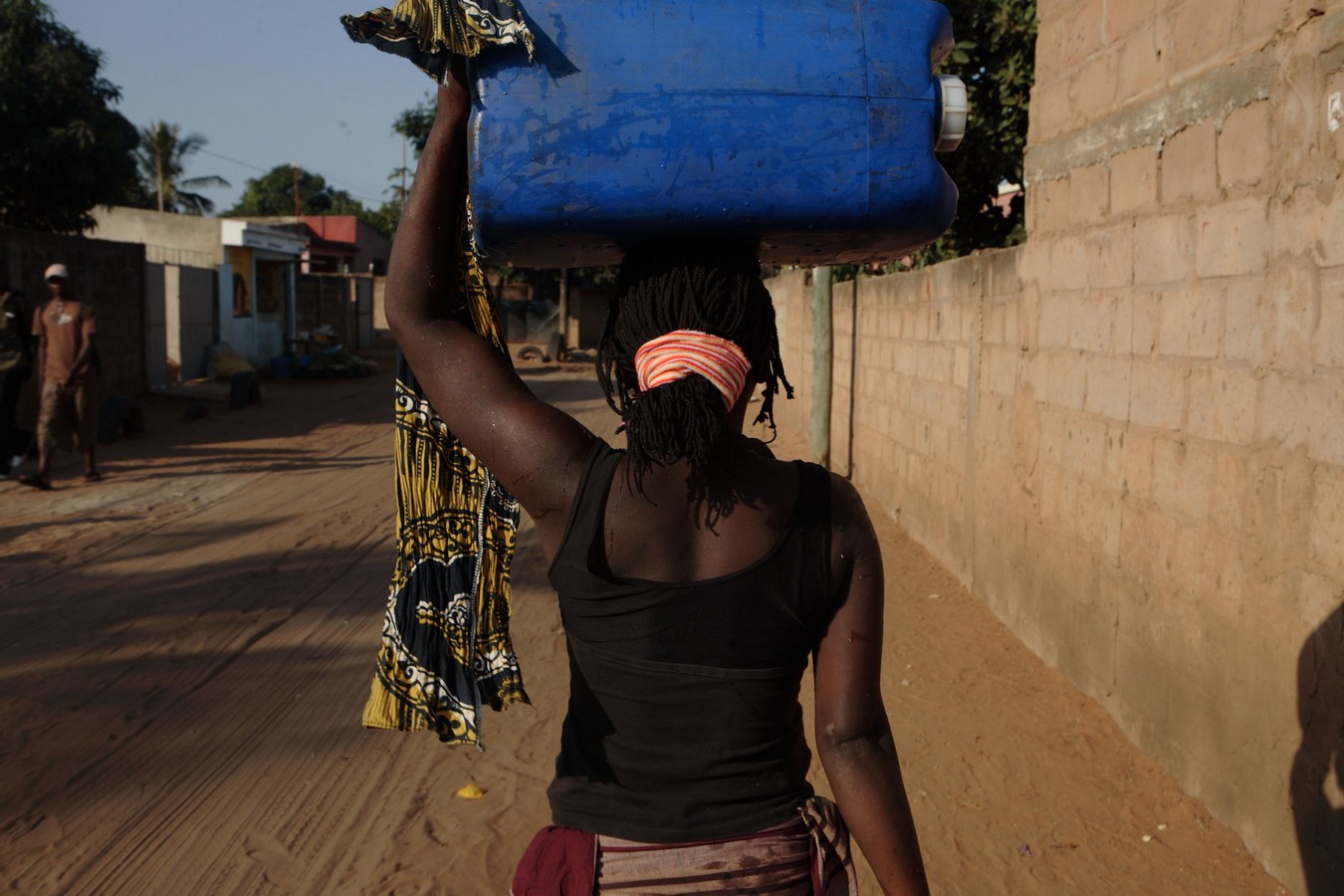
“”For every kilometre you walk, someone else walks one less in search of water.” ©John Hogg / World Bank


